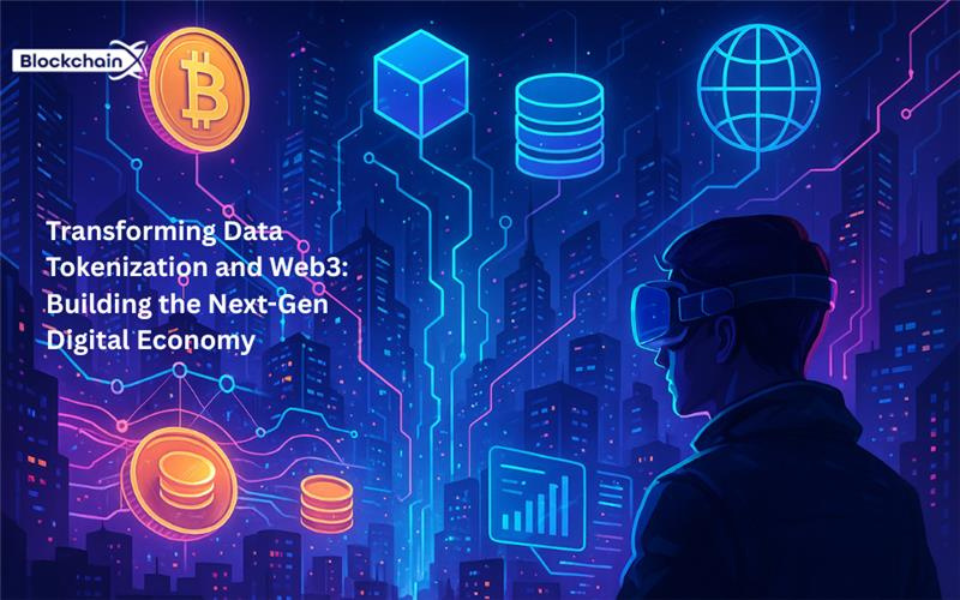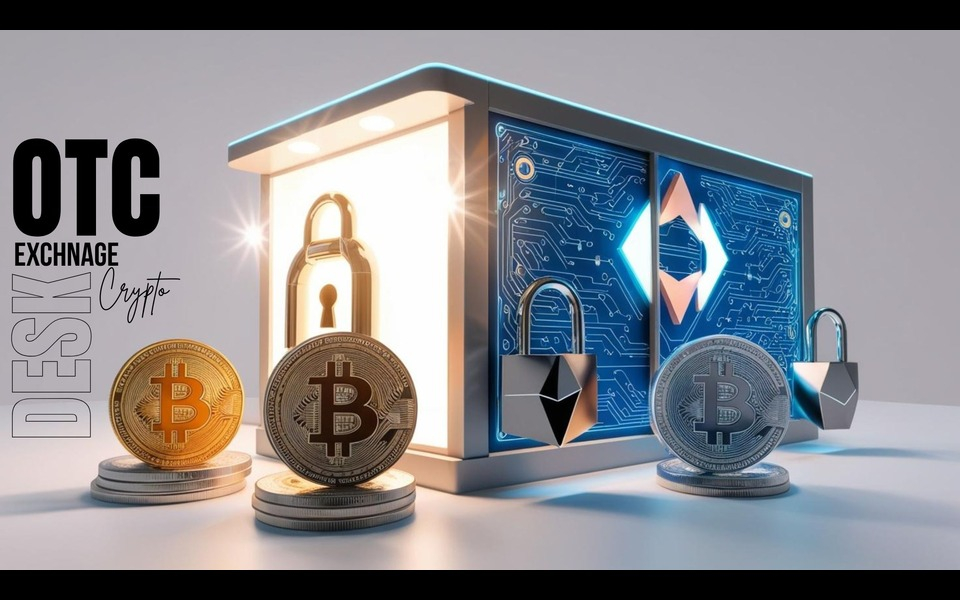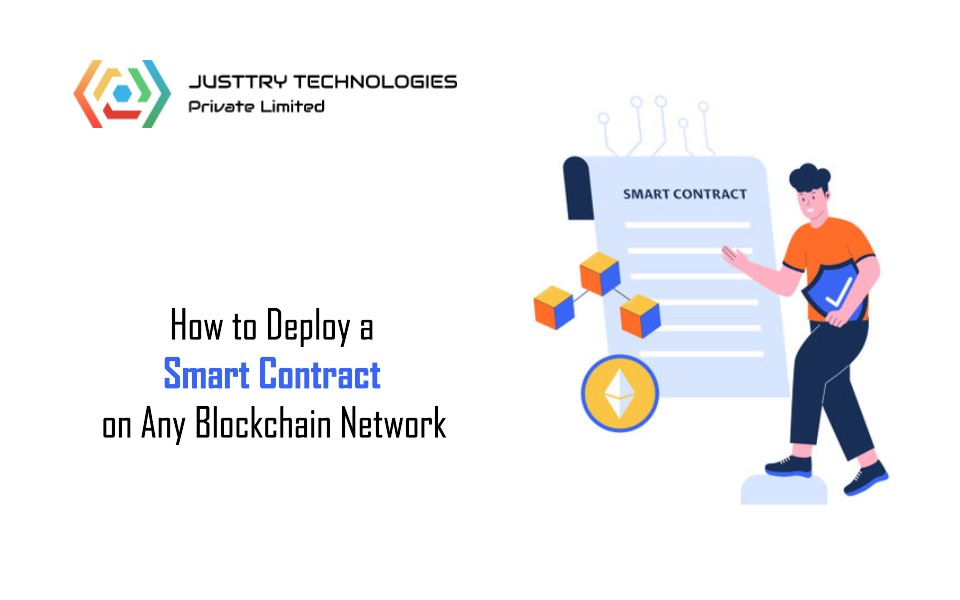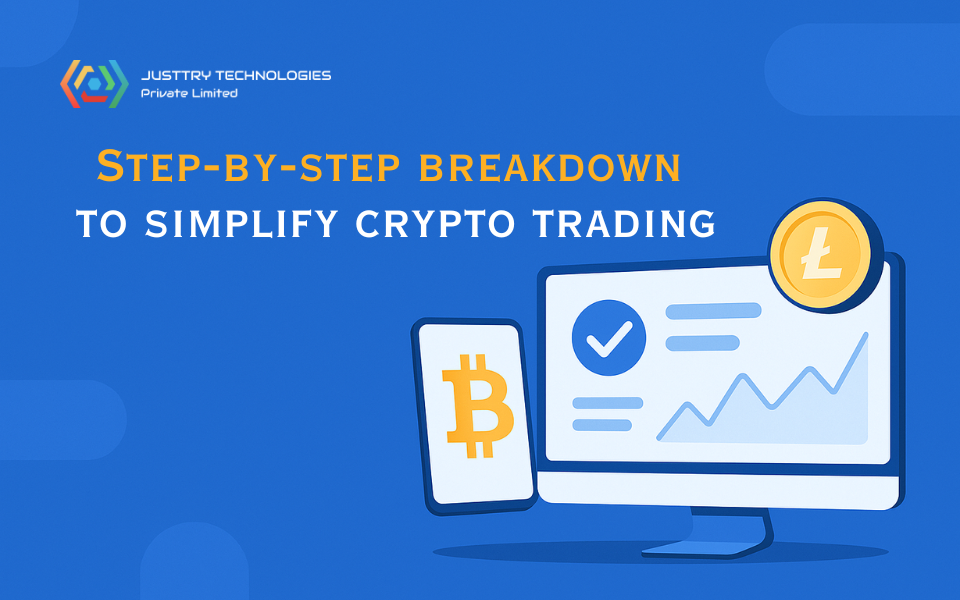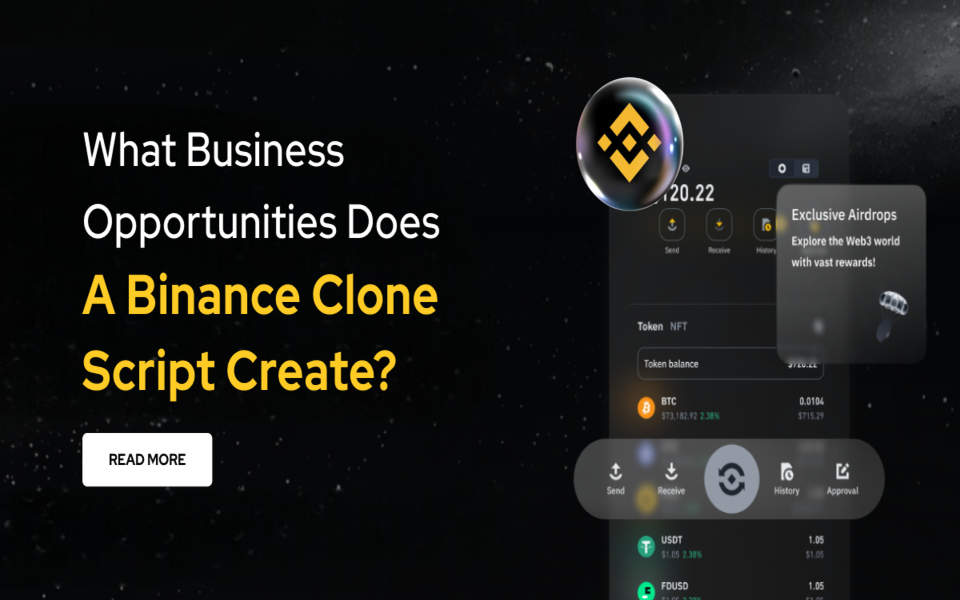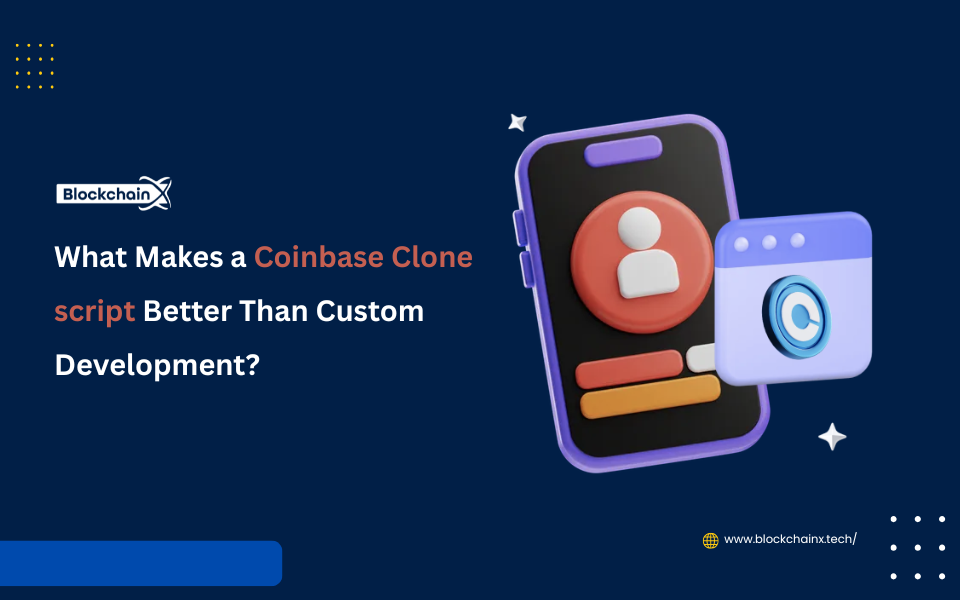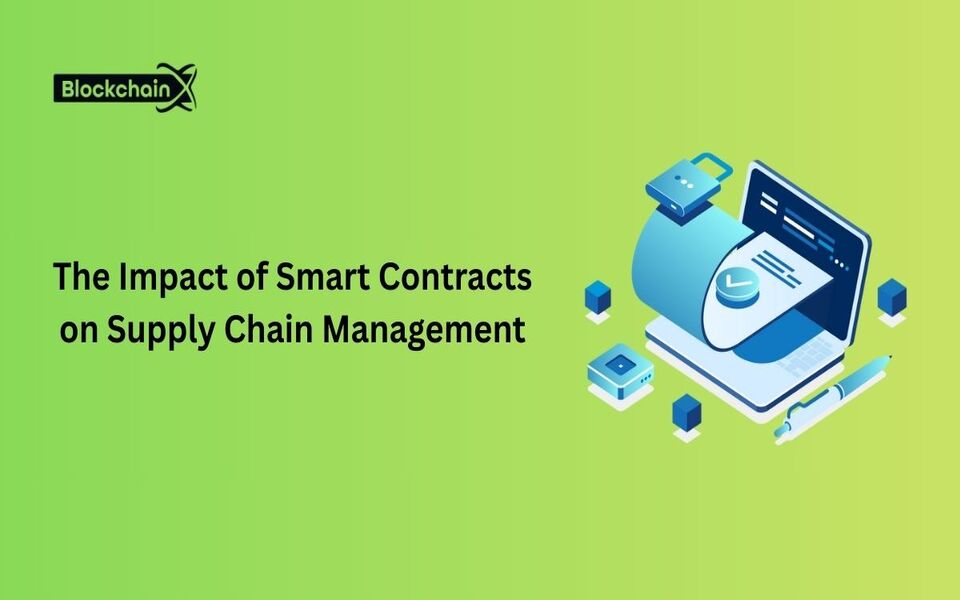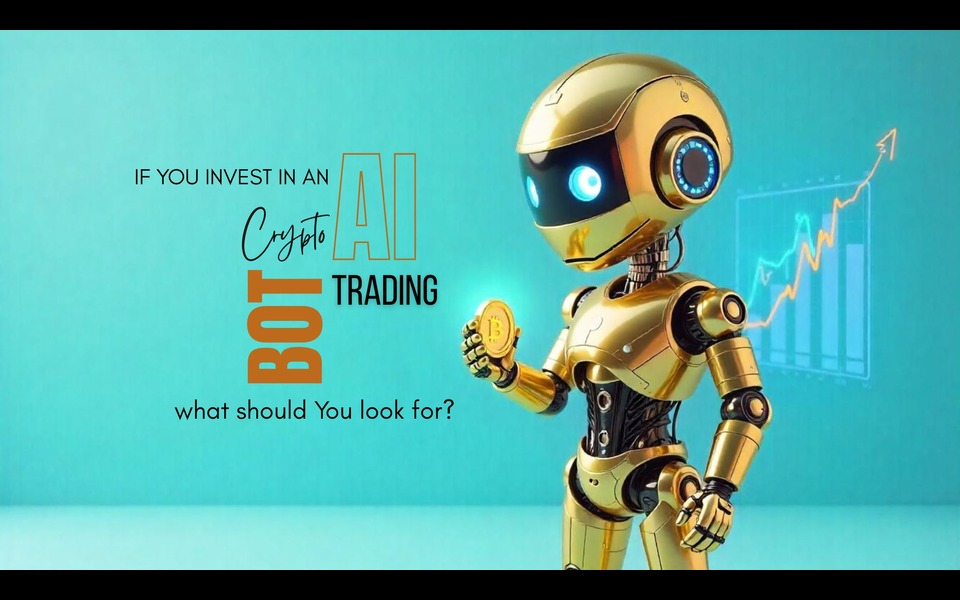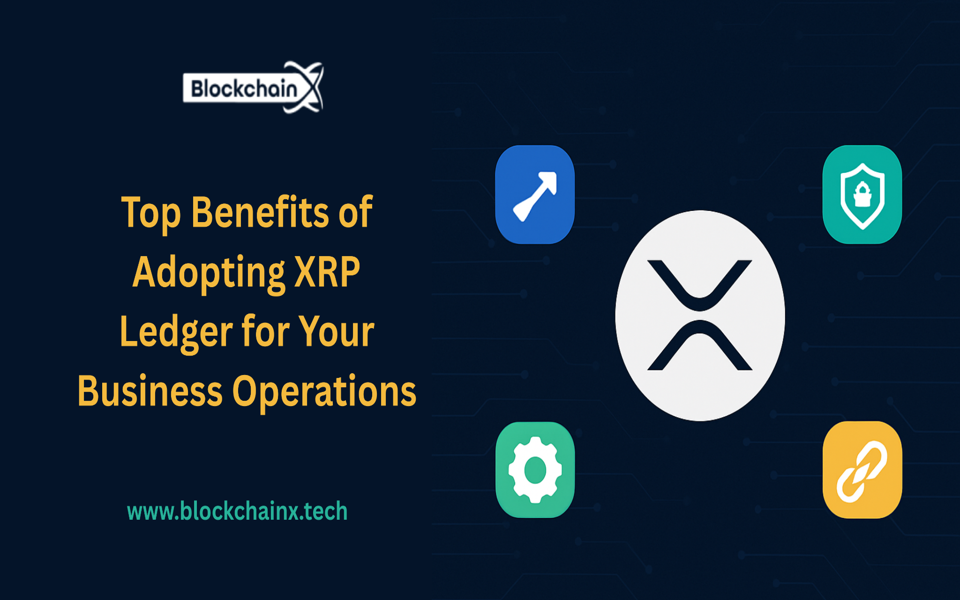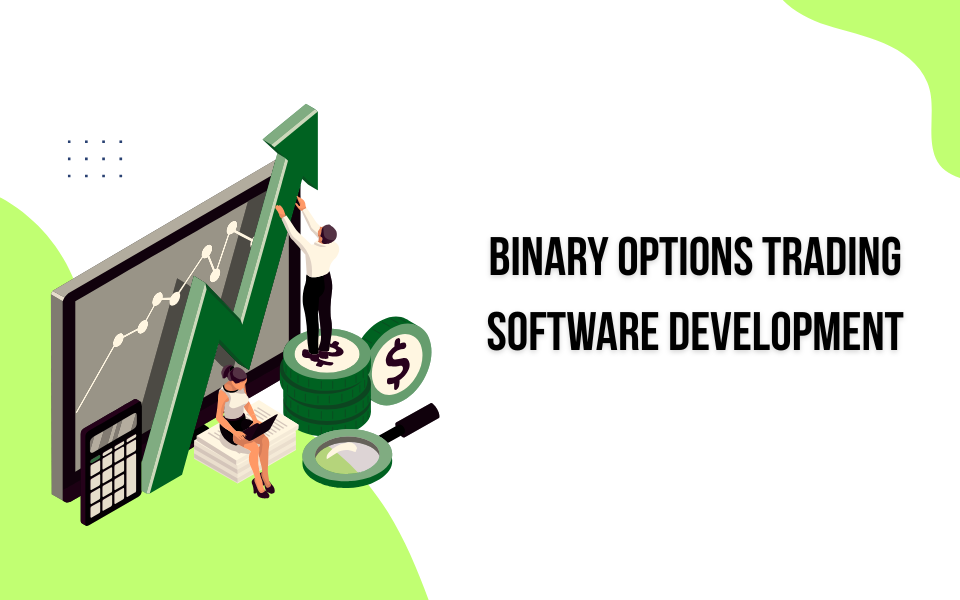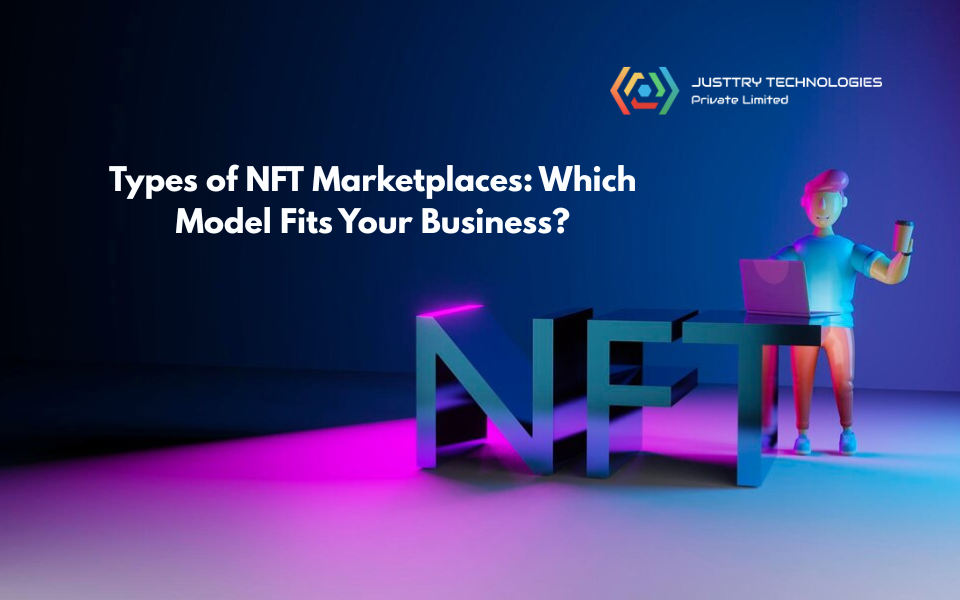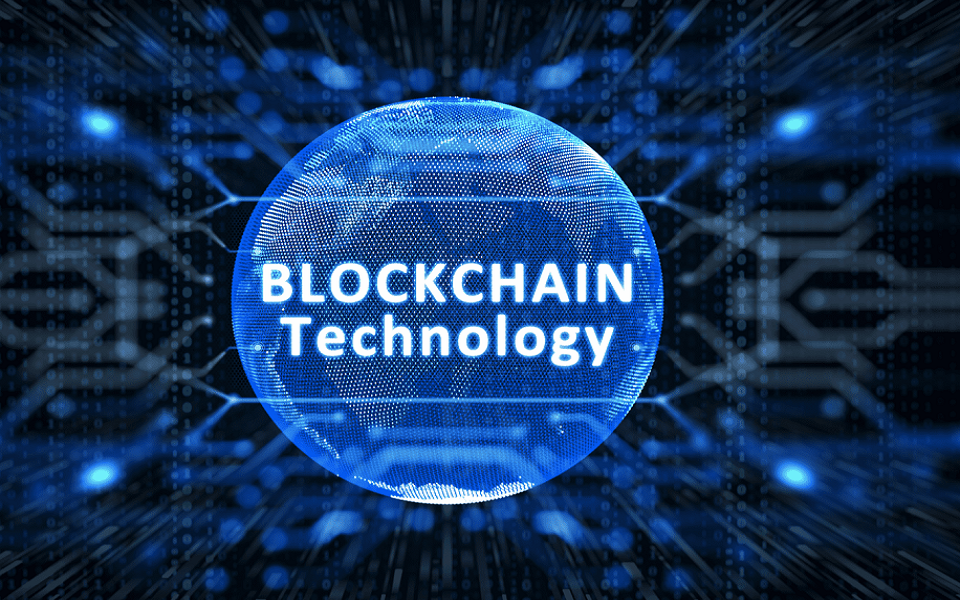Introduction
In today's data-driven world, two powerful technologies convert data and web3-even the basis for our digital economy. While data documentation ensures and transforms raw information into secure, non-sensitive symbols, Web3 introduces a decentralized Internet built on openness, trust and usage. Together, these innovations lock up a new paradigm of computer tools, privacy and income generation, marking the increase of the next generation's digital economy.
What Is Data Tokenization?
Data tokenization is a data security technique that replaces sensitive information-for example personal, financial or health data-with unique, non-sensitive symbols that retain the format and use of the original data, but have no utilized value if broken. Unlike encryption which can be reversed with key tokenization removes the original data from the system completely and probably stores them in a separate vault.
This approach significantly reduces the risk of data exposure. supports compliance with regulations such as GDPR and PCI DSS, and enables secure data usage across cloud services applications and web3 ecosystems.
What Is Web3 and Why It Matters
Web3 is the third generation of the internet decentralized user-centric, and powered by blockchain technology It provides users forces with control over their identity data and digital assets by eliminating dependence on centralized intermediaries. In the core web3 runs on smart contracts, decentralized protocols and token economies, creating systems that are safer and open interoperable.
In a web3 ecosystem, data self-supreme individuals and organizations can control how their information is available, shared or served across decentralized apps (DAPPS) and services.
Real-World Applications of Data Tokenization in Web3
The convergence of data tokenization and web3 infrastructure enables a new era of secure transparent and user controlled digital interactions. By transforming sensitive data into programmable, decentralized assets tokenization ensures privacy compliance and efficiency across multiple sectors. Below are some of the most effective applications in the real world
Health Services: Safe and consent -based data sharing
In the data tokenization services for the healthcare system, patients generate enormous amounts of sensitive data, from electronic health records (EHR) to diagnostic stories. Tokenization makes it possible to convert these items to secure digital symbols, which can then be sold selectively with hospitals, laboratories or insurance providers at a need to know.
Integrated with web3 smart contracts, patients can provide or recall access immediately-to try to be in end-to-end traceability and compliance with HIPAA or global data protection law. This model supports federated learning, telemedicine and medical cooperation across national borders without compromising sensitive data.
Finance: Streamlined KYC in DeFi and Beyond
In traditional finance and decentralized finance (DEFI), users involve repetitive and expensive to know your customer (KYC) and anti-white laundering (AML) processes. With tokenization, once a user's identity is verified, a KYC token can be issued, representing a validated identity without exposing personal details.
This symbol can be reused across platforms and protocols, reduce friction, accelerate on board and maintain regulatory compliance. Combined with self-SUVERENT Identity (SSI) and decentralized identifiers (DIDS), Tokenized KYC paves the way for interoperable economic identities in a global web3 economy.
Digital Identity: Empowering Citizens with Self-Controlled Credentials
Tokenization plays a critical role in the development of decentralized identity (DID) systems, where users control their own identification. Government-issued IDs, usage bills or birth certificates can be two and stored in digital wallets.
Residents can then present verifiable identification to access public services, sign contracts or apply for loans - without postponing unnecessary personal information. This strengthens individuals while increasing confidence, reduces fraud and supports India's digital public infrastructure (DPI) vision.
Supply chain: Transparent, verifiable logistics
Modern supply chains are complex and global, making openness a constant challenge. Tokenization of supply chain data-for example product origin, freight logs and certifications-enhance visibility in real time and unchanging audit paths on blockchain networks.
This ensures authenticity, reduces counterfeiting and facilitates the tracking of the environment, social and governance (ESG). For example, a diamond producer can tokenize every stone journey from mine to market and give buyers confirmed origin.
This not only builds consumer confidence, but also unlocks automated compliance and ethical purchasing confirmation.
Education & Credentials: Instant Verification Across Borders
Academic degrees, certifications and licenses are often difficult to verify, especially across regions. With tokenization, institutions can issue manipulation -proofs, two -graduates two -graduates, which can be validly validated by employers or other institutions via blockchain.
These digital certificates may include metadata, time stamps and recall conditions, which enables lifelong portability and cross -border education. Web3 compatible wallets can store and present these credentials safely, and open new models for global talent verification, freelance ecosystems and micro-credit.
Data Tokenization Layers in Web3-Enabled Systems
A secure and scalable web3 tokenization ecosystem is built on several important layers that work together to protect, manage and exchange sensitive data:
- Tokenization layers: Converts sensitive data to unique symbols via secure vault, and ensures that the original data is never exposed or stored in active systems.
- Smart Contracts Layer: Automises rules for data access, use rights and compliance rules, and enables programmable trust without intermediaries.
- Decentralized Identity (DID): Authenticated users who use blockchain-based identities so that they can prove who they are without revealing personal information.
- Privacy Team: Protects Tokenized data using advanced cryptography such as Zero-Knowledge Proofs (ZKPS) or Multiparty Computation (MPC) to secure privacy even in public networks.
- Data exchange layer: facilitates secure sharing, licensing and revenue generation of Tokenized data across decentralized marketplaces or applications.
Use Cases with Sectoral Focus (Global)
Data tokenization transforms industries globally by enabling secure, transparent and effective data management. In BFSI, Tokenized Customer Data simplifies on board and enables cross-border deficit integration. In the healthcare system, Tokenized EHRs allow secure data sharing with consent coded on-chain.
Supply chains benefit from improved traceability and prevention of fraud through Tokenized Shipment Data. Governments use tokenization to digitize land journals and public tools, improve service delivery and Citizen Trust. In the media and IP, the creators utilize Tokenization and NFT to protect and make money on the content directly.
The Road to the Next-Gen Digital Economy
The route of the next generation digital economy is being shaped by data toking and convergence of web 3 technologies. For countries such as India and other emerging economies, this is not just a technological development - this is a fundamental change in digital infrastructure.
By embracing tokenization , nations can enable safe, permissioned data flow that fuel innovation in areas such as digital borrowings, healthcare, education and governance. Initiatives like India Stack, ONDC, and Aadhaar already perform ground work for this change, promoting interoperability, privacy and civil empowerment. The token data will be important for the creation of a trust-based, transparent and inclusive digital economy that can score globally.
Conclusion
The convergence of data tokenization and web3 is not just revolutionizing data security - it redefines how value, trust and ownership are embedded in the digital world. By converting sensitive data into programmable, privacy -preserving assets, tokenization enables secure data exchange, decentralized identity and transparent control across industries.
As countries such as India and other emerging economies lay the foundation through initiatives such as India Stack, ONDC and Aadhaar, the global shift accelerates towards a trust -based digital infrastructure.




